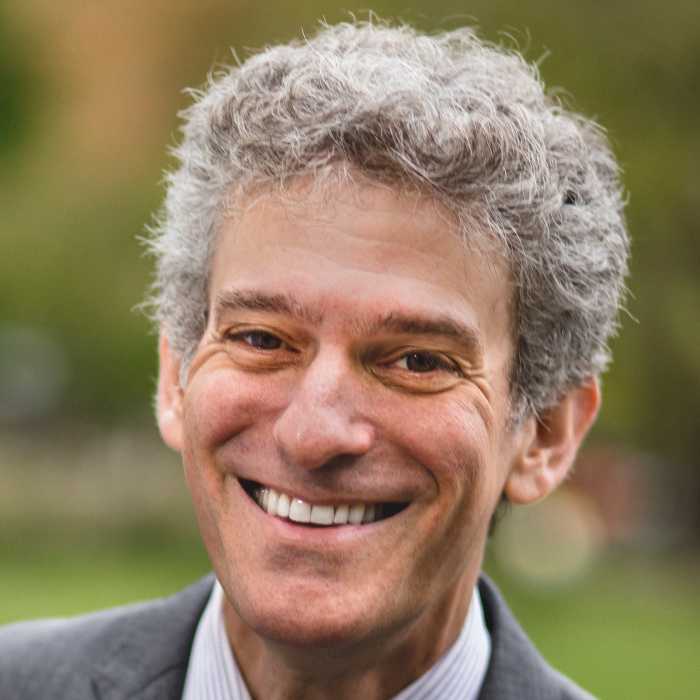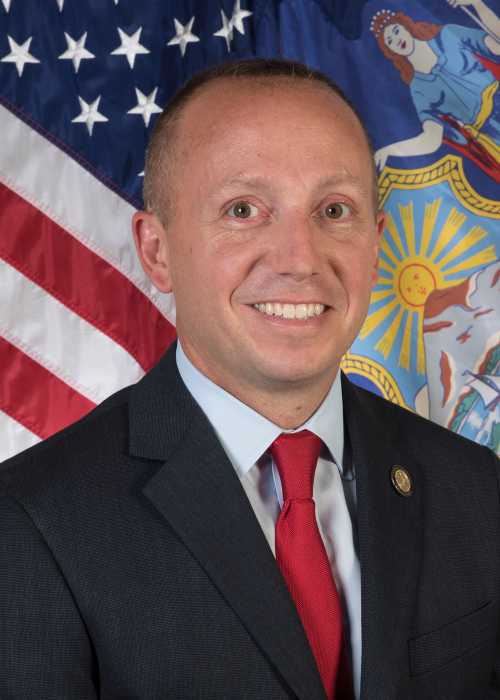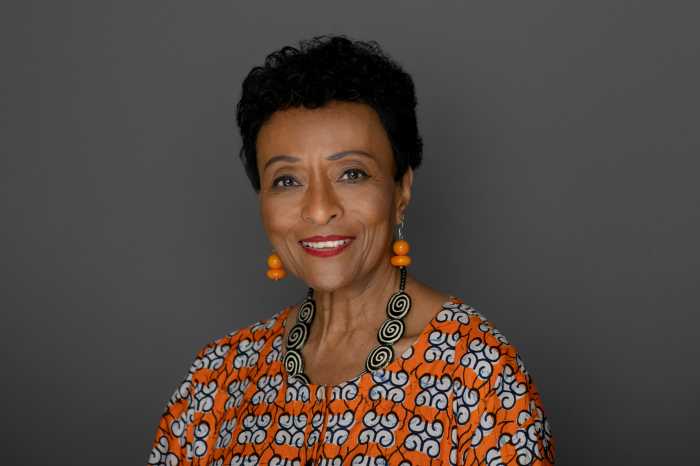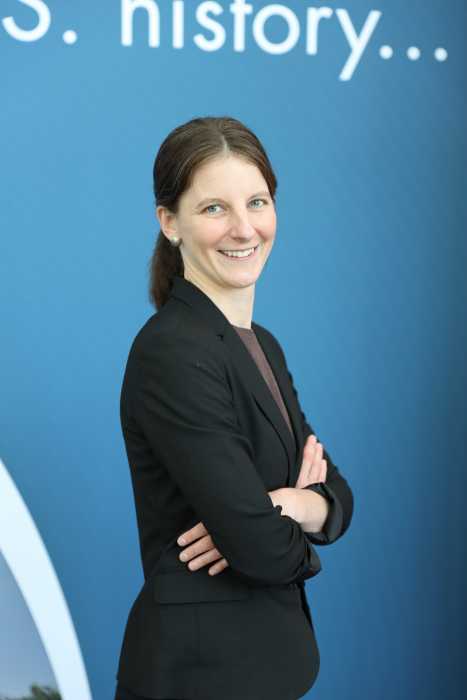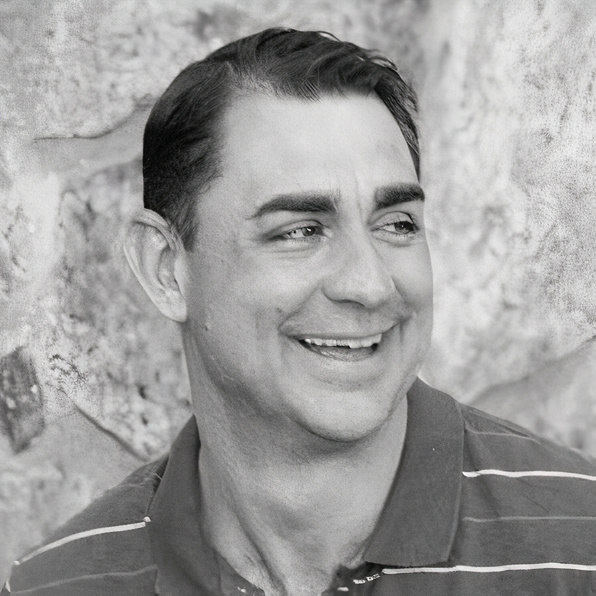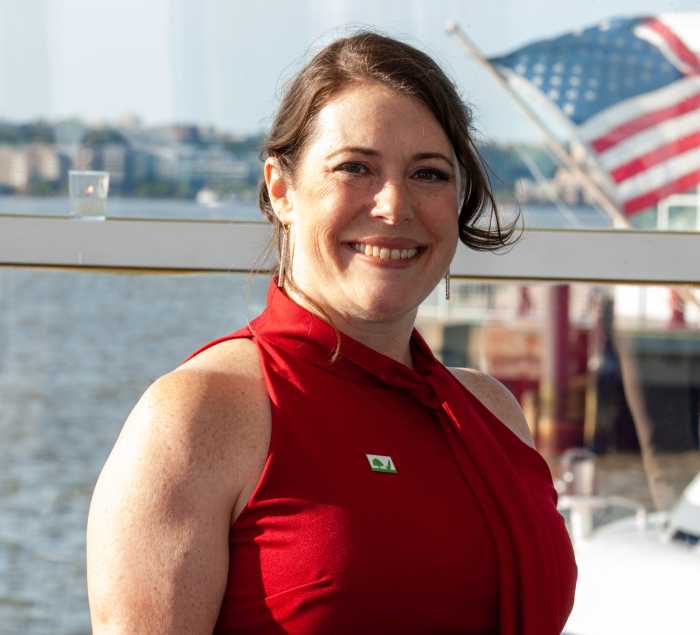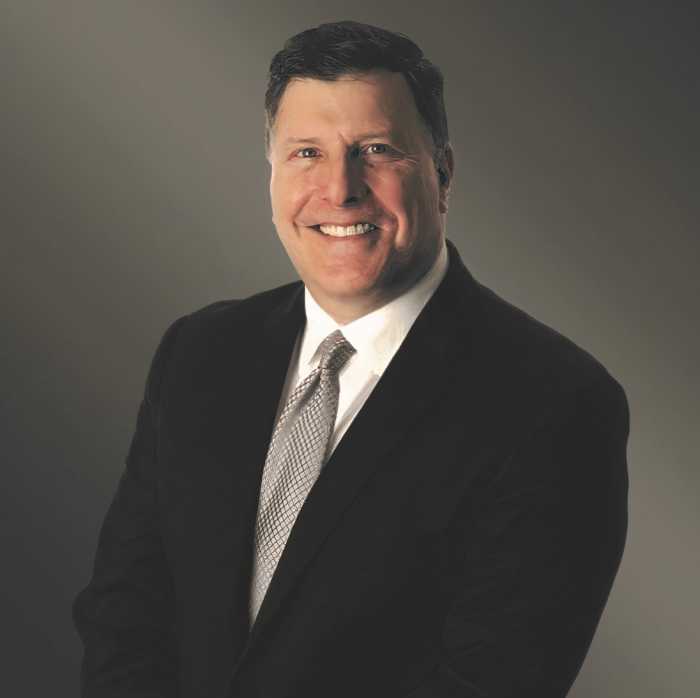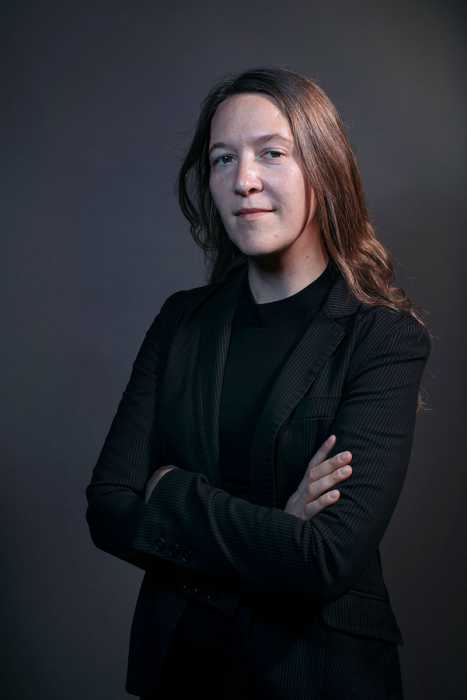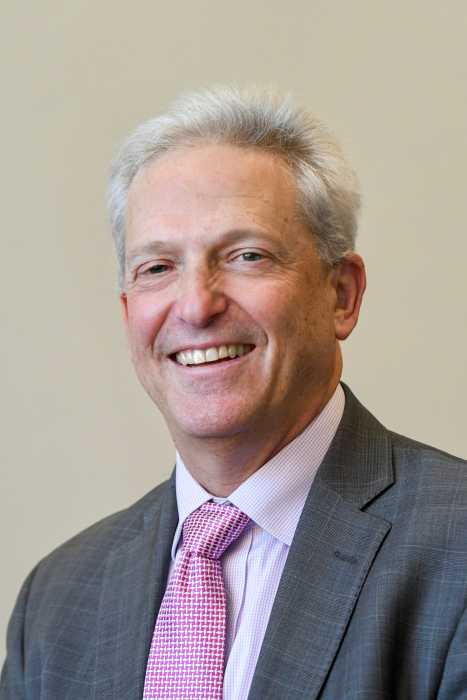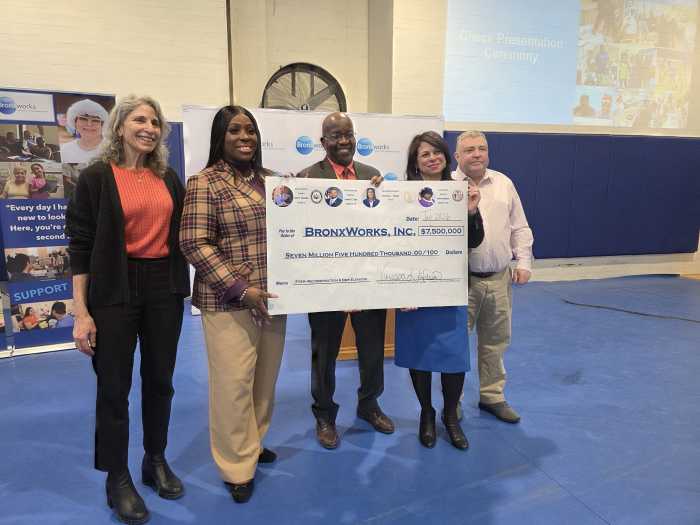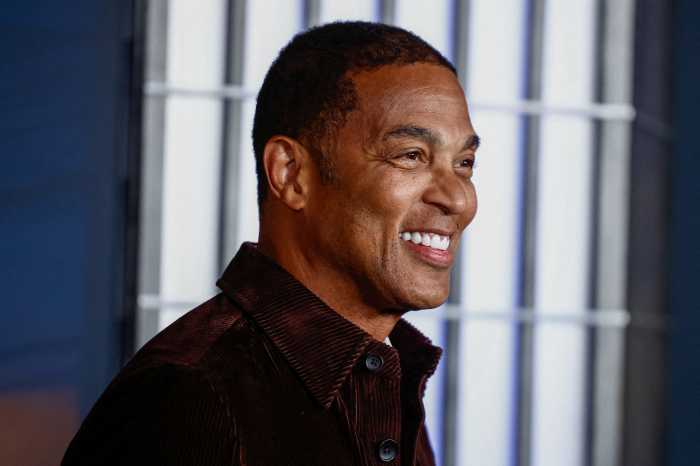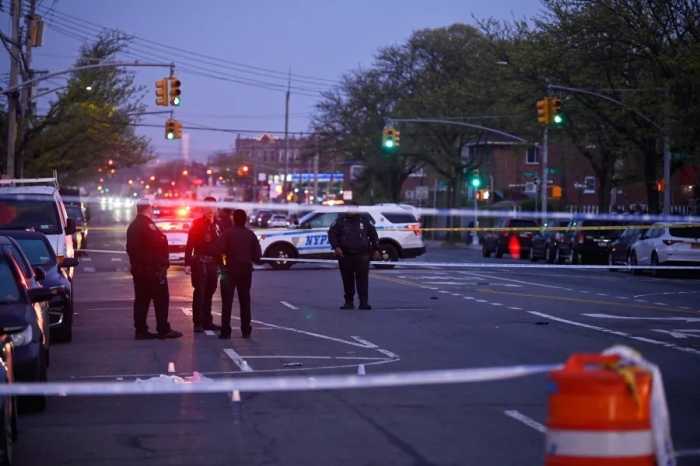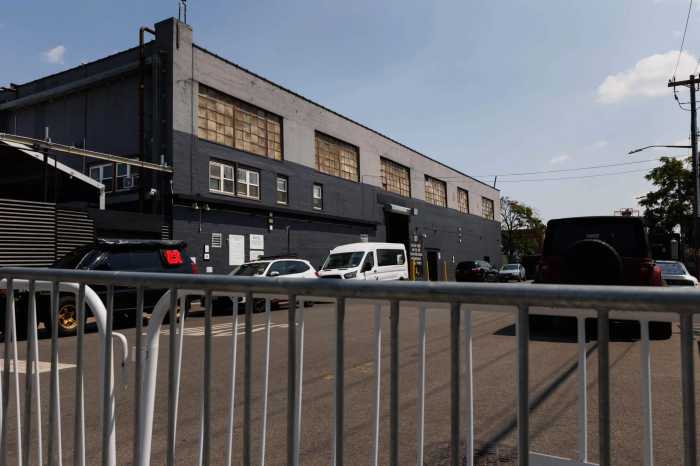Cecil has been NYU’s chief sustainability officer since 2018. In 2024, NYU was ranked #3 on the Princeton Review Top 50 Green Colleges list. Cecil founded the eco-village Dancing Rabbit; is a New York State licensed professional engineer; and is a Certified Energy Manager and LEED Accredited Professional. He serves on the Board of Directors of Urban Green Council. He earned a B.S. in civil and environmental engineering from Stanford University.
What is one thing your organization hopes to accomplish in 2024?
NYU will continue its robust progress towards the Coolfood Pledge – a 25% reduction in greenhouse gas emissions from its food supply by 2030.
Do you have any advice for someone looking to pursue a career in your field?
Any career is a sustainability field. Whatever you do, it can help make our society, and our planet, a healthier and more sustainable place. Remember not everything important lives in the digital world – the material world, from power generation to building maintenance, is the basis for our daily existence, as well as many rewarding (and well-paying) careers.
What is one thing everyone can do to help protect the environment?
Don’t use what you don’t need.
What can policymakers do to aid in your organization’s work?
Every policy decision is a choice about what we value. For sustainability, there is so much we agree upon. Everyone wants clean air, clean water, safe and healthy food, and a stable climate for the kids who will grow up this century. So let’s take every opportunity to further these common goals in the individual and collective choices we make.


